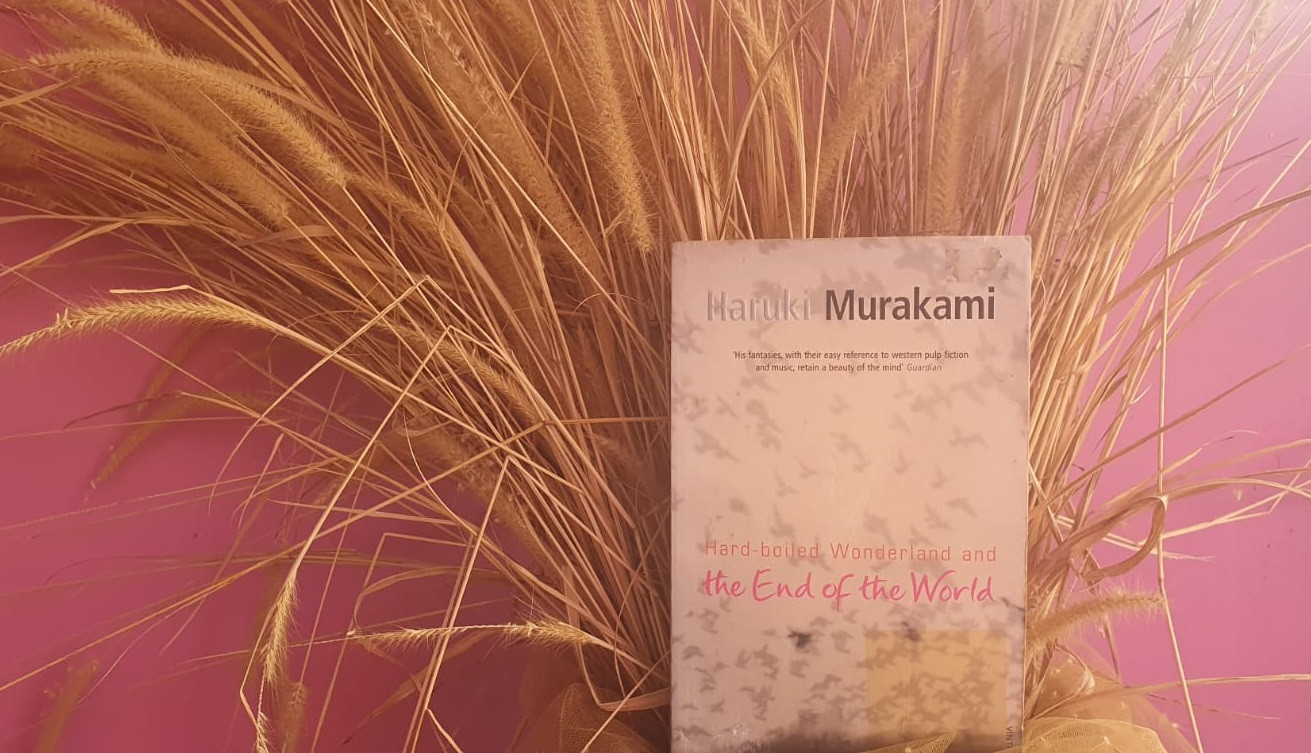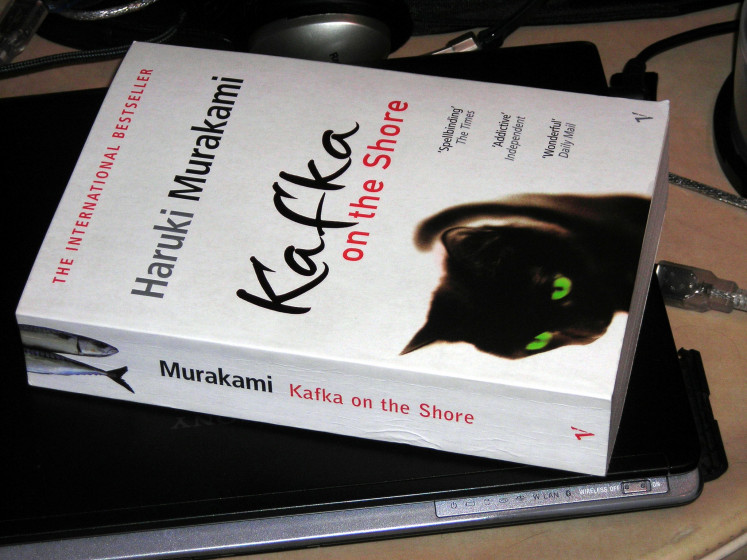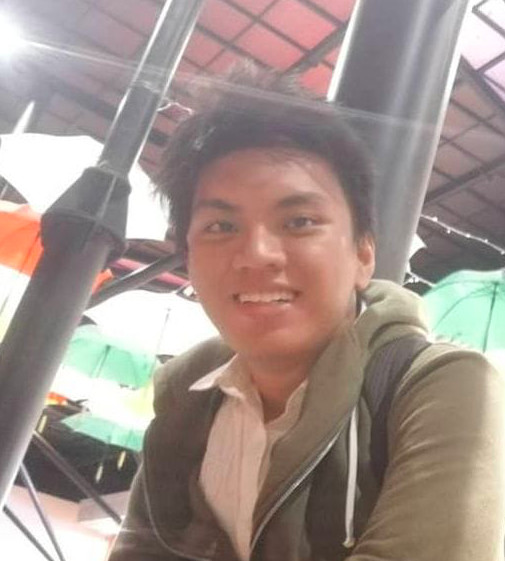Popular Reads
Top Results
Can't find what you're looking for?
View all search resultsPopular Reads
Top Results
Can't find what you're looking for?
View all search resultsTracing Indonesian readers' obsession with Haruki Murakami
Change text size
Gift Premium Articles
to Anyone
M
any Indonesian readers have a fascination for the novels of the award-winning Japanese writer, whose titles have sold in the millions in 50 languages. So how did Haruki Murakami become so popular here?
Haruki Murakami is one of the most influential contemporary writers, and many of his books have been international bestsellers. The popularity of the Japanese writer’s titles has spread around the world, including to Indonesia, where he has a strong fan base.
One ardent Murakami fan is Michael Ibi, a 24-year-old university student in Malang, East Java. His favorite novel by Murakami is After Dark, which features an omniscient narrator who tells the story as if watching it through a camera. “I felt like I was watching a movie while reading the novel,” he said.
Michael added that Murakami wrote in the magical realism literary style, which left a particular impression. His works all combined reality and fantasy to create a bizarre and memorable experience for readers.
“The worlds in Murakami’s books are like portals between reality and fantasy, where both elements collide and create a brand-new universe,” Michael explained.
Murakami’s popularity
Wawan Yulianto, 42, a professor at a university in Malang, is a longtime reader of Murakami. The first Murakami title he read was The Wind-Up Bird Chronicle. The novel holds a particular place in his heart for the patience Murakami shows in introducing and exploring his characters.
According to Wawan, Murakami stands out from other contemporary authors among literary enthusiasts because of his influence on pop culture.
“I think Nicholas Saputra’s character [Rangga] has Murakami on his bookshelf,” he said, referring to 2016’s Ada Apa Dengan Cinta? 2 (What’s up with love? 2).
Wawan admitted that he was initially unsure why Murakami had gained such a following. He said he recalled Indonesian authors mentioning Murakami in their essays and referring to his books in their stories at the turn of the century.
He speculated that the timing of Murakami’s entry to Indonesia’s literary space might have played a big part in his local popularity. “The 2000s was a time when English books were easier to access in major cities in Indonesia,” Wawan said.
“Also, he was introduced to Indonesia when there was a boom in translated literature. It was when Indonesian readers were eager to find international authors whose works had been translated into Indonesian.”
Bambang, not his real name, is a 45-year-old professor based in Malang. He shares Wawan’s opinion, saying that many publishers translated Murakami’s books into Indonesian, helping the author gain a local following.
“The Indonesian public also knows Haruki Murakami because he has been nominated multiple times for literary honors for fiction,” said Bambang. “His accomplishments as a novelist favored to win a literary award demonstrates his international renown and influence,” he added.
According to Bambang, the quality of Murakami’s writing was another reason for their popularity among Indonesian readers. He said that his combining eastern traditions, portrayals of teen life and modernism his writing created an exceptional reading experience.
The nonlinear plots, philosophical ideas and floating conclusions are Bambang’s favorite aspects of Murakami’s novels. He also enjoys reading Murakami’s investigations into Japanese culture and life.
“In his tales, the protagonists encounter unusual occurrences and frequently face difficult inner conflicts and dilemmas,” Bambang added.
“The inclusion of contemporary art forms like music and songs in [his] stories also piques my interest.”
Loyal fan: Michael Ibi, an ardent fan of award-winning Japanese writer Haruki Murakami, has read many of his books. His favorite is ‘After Dark’, published in 2004. (Courtesy of Michael Ibi Hariyono) (Courtesy of Michael Ibi Hariyono/.)Similar, yet different
Michael said he could understand why some people called Murakami the modern-day Franz Kafka, considering that the renowned German author was one of Murakami’s inspirations.
Born in 1883 in Prague, which was then the capital of the Austrio-Hungarian kingdom of Bohemia, Kafka’s works have greatly influenced numerous international authors, including Murakami.
Michael said Kafka had influenced Murakami’s writing so much that he could spot similarities between the two authors’ literature.
“Kafka and Murakami often focus on loneliness and alienation in their themes. The two writers also touch on social issues in their novels,” he said. “Both writers also explore how human beings deal with the darkness in their hearts.”
On reading Murakami and Kafka, Wawan said that many of Murakami’s stories were free-flowing and jumped from one unthinkable point to another. “That sort of absurdity is also found in Kafka,” he said.
Despite their similarities, there were also several differences between the two writers, said Wawan. While Murakami “tended to be extensive and profound in [his] ruminations”, Kafka was “very economical” and “achieved much in a short time”.
Wawan also sensed a lightness in the way Murakami presented loneliness, which was different to how Kafka presented his characters’ plight. He suggested that these differences stemmed from the other authors who had influenced Murakami.
“Kafka is just one of Murakami’s influences. He has other influences, from Tolstoy to Marquez, Borges, Kundera and others,” he said.
Although Kafka had influenced Murakami, Michael did not think that Murakami could be called Kafka’s successor. Murakami had “a more distinct and unique” writing style, he said.
Wawan agrees with Michael, saying that labeling Murakami as such diminished the author’s identity and body of work. He adds that there is much more to Murakami than Kafkaesque elements.
“Calling Murakami a ‘modern Kafka’ ignores the fact that Murakami was also strongly influenced by George Orwell in 1Q84,” said Wawan. “He can be a modern Kafka as much as a modern Orwell.”













